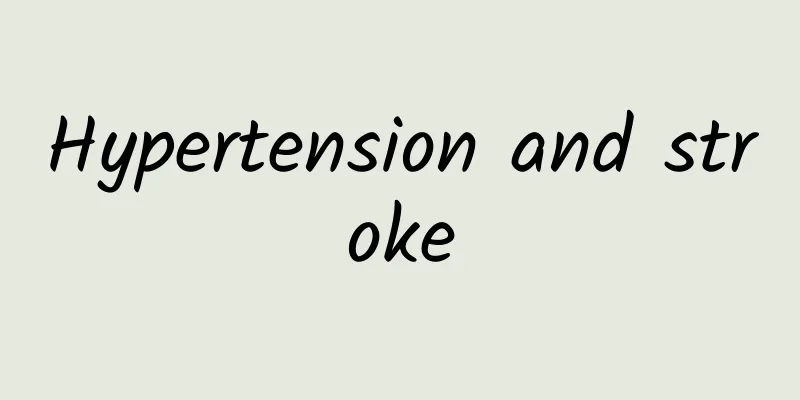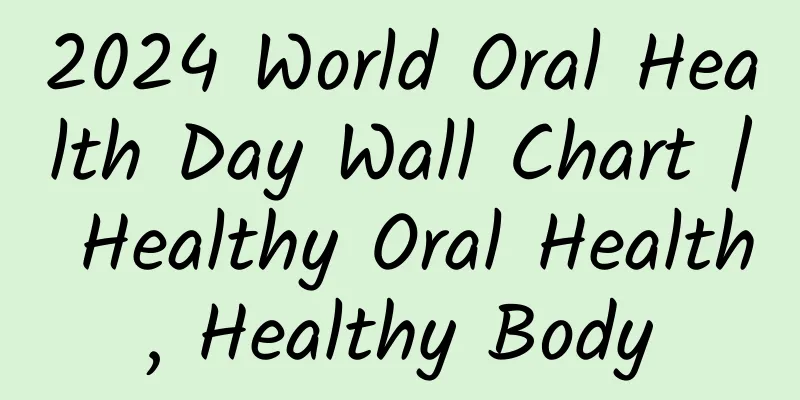Hypertension and stroke

|
Hypertension means that the pressure exerted by blood on blood vessel walls is consistently high. Long-term uncontrolled high blood pressure can lead to stroke, heart attack, heart failure or kidney failure. Blood pressure is usually expressed in two numbers: The higher (systolic) number is the pressure on the artery walls when your heart beats. The lower (diastolic) number is the pressure on the artery walls when your heart is resting between beats. The systolic number is always listed first. Blood pressure is measured in millimeters of mercury (mm Hg). The ideal blood pressure range is around 120/80 mmHg. If an adult's systolic blood pressure is between 120 and 139, but the diastolic blood pressure is less than 90, it only means that the blood pressure is elevated. Hypertension refers to a systolic blood pressure of 140 or higher, or a diastolic blood pressure of 90 or higher, and it remains high for a long time. 1. How does high blood pressure increase the risk of stroke? High blood pressure is a major risk factor for stroke. High blood pressure increases the workload of the heart and over time damages arteries at all levels and numerous organs. People with high blood pressure are more likely to have a stroke than those whose blood pressure is within the normal range. About 87% of strokes are caused by narrowing or blockage of a blood vessel in the brain, which cuts off the blood supply to brain cells. This is called an ischemic stroke. High blood pressure causes damage to the lining of the blood vessels. This causes the arteries to narrow. About 13% of strokes occur when a blood vessel ruptures in or near the brain tissue. This is called a hemorrhagic stroke. Chronic high blood pressure or aging of the blood vessels are the main causes of this type of stroke. High blood pressure strains the blood vessels. Over time, they can no longer withstand the pressure and rupture. Am I at a higher risk for high blood pressure? There are some risk factors that increase the chance of developing high blood pressure, some of which can be improved through self-regulation or treatment, while others are difficult to change. 1. Risk factors that can be improved through self-regulation or treatment include: • Smoking and exposure to secondhand smoke • diabetes • Overweight or obese • High cholesterol • Physical inactivity • Improper diet (high in salt, low in potassium, excessive alcohol consumption). (ii) Factors that cannot be changed or are difficult to control are: • Family history of high blood pressure • Race/ethnicity • Increasing age • Gender (Male) • Chronic kidney disease • Obstructive sleep apnea Economic status and psychosocial stress are also risk factors for hypertension, as they affect a person's access to basic necessities, medications, and health care services, as well as their ability to maintain a healthy lifestyle. 3. How to control high blood pressure? Even if you have had a stroke or heart attack in the past, you can control your high blood pressure and help prevent another stroke or heart attack by doing the following: • Do not smoke and avoid second-hand smoke. • Achieve and maintain a healthy weight. • Eat a healthy diet low in salt, no or low in saturated and trans fats, and limit sweets, red meat, and processed cooked foods. • Eat fruits and vegetables, whole grains, low-fat dairy products, poultry, fish and nuts, including foods rich in potassium. • Make a point to get at least 150 minutes of moderate-intensity physical activity each week. • Take medications as directed to control your blood pressure. • Know what your blood pressure should be and try to keep it at that level. 4. Questions to ask your doctor next time you visit What should my blood pressure be? How often should I take my blood pressure? |
<<: What should you do if your child has strabismus? What ophthalmologists say!
Recommend
The best way for girls to train their arm strength
Compared with girls, boys have stronger arm stren...
What does salpingography check?
The main function of the fallopian tube for women...
Does pregnancy cause vulvar itching?
The female vagina is a place that is susceptible ...
The impact of hysterectomy on sexual life
The uterus is very important for girls. Its funct...
[Medical Q&A] Can you still see the “swan neck” on your fingers?
Planner: Chinese Medical Association Reviewer: Sh...
Chills during pregnancy means a boy
Many women's body temperature changes easily ...
Eli Shu
Ailishu has many functions, such as inhibiting th...
Vegetables and fruits that increase milk production
Breast milk is rich in carbohydrates and vitamins...
How much does a course of pelvic floor rehabilitation cost?
Most women who choose natural childbirth have a l...
My stomach hurts after sex
During sexual intercourse, men are the dominant p...
How long after giving birth can a pregnant woman have sex?
Pregnant women are relatively weak after giving b...
Will the luteinized ovulation test paper have a strong positive result?
Using ovulation test strips to test for a strong ...
Is postpartum bleeding normal?
Postpartum bleeding during sexual intercourse is ...
How long does it take to give birth after the membrane ruptures?
If you feel that your amniotic membrane has ruptu...
China Constipation Day丨10 suggestions for people with constipation, have a happy poop, just follow them!
Today is also China Constipation Day ! In order t...







![[Guide to protecting your appearance] Revealing the secret of mandibular retraction, helping you easily deal with the problem of "small chin"!](/upload/images/67f0e7e17b1a8.webp)

